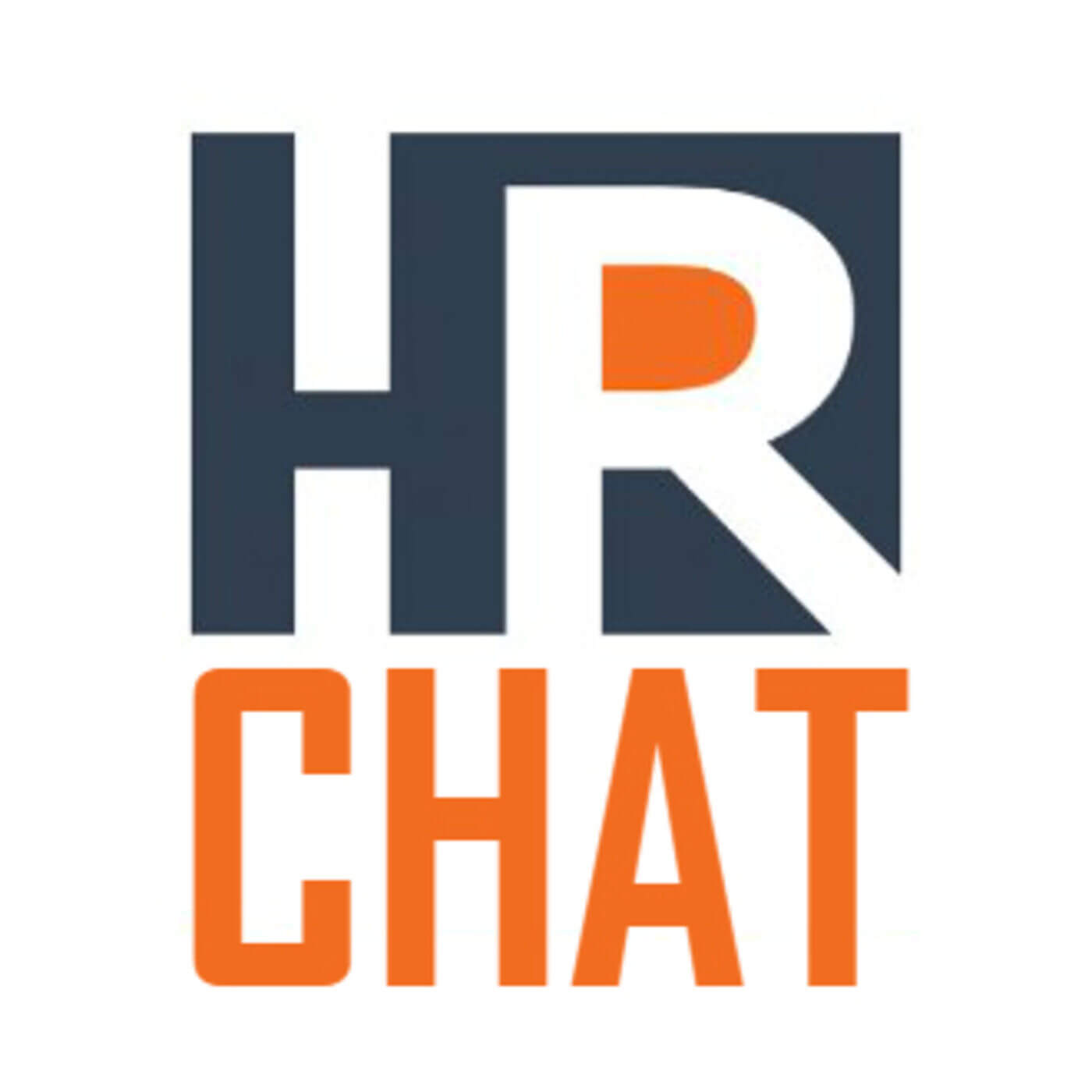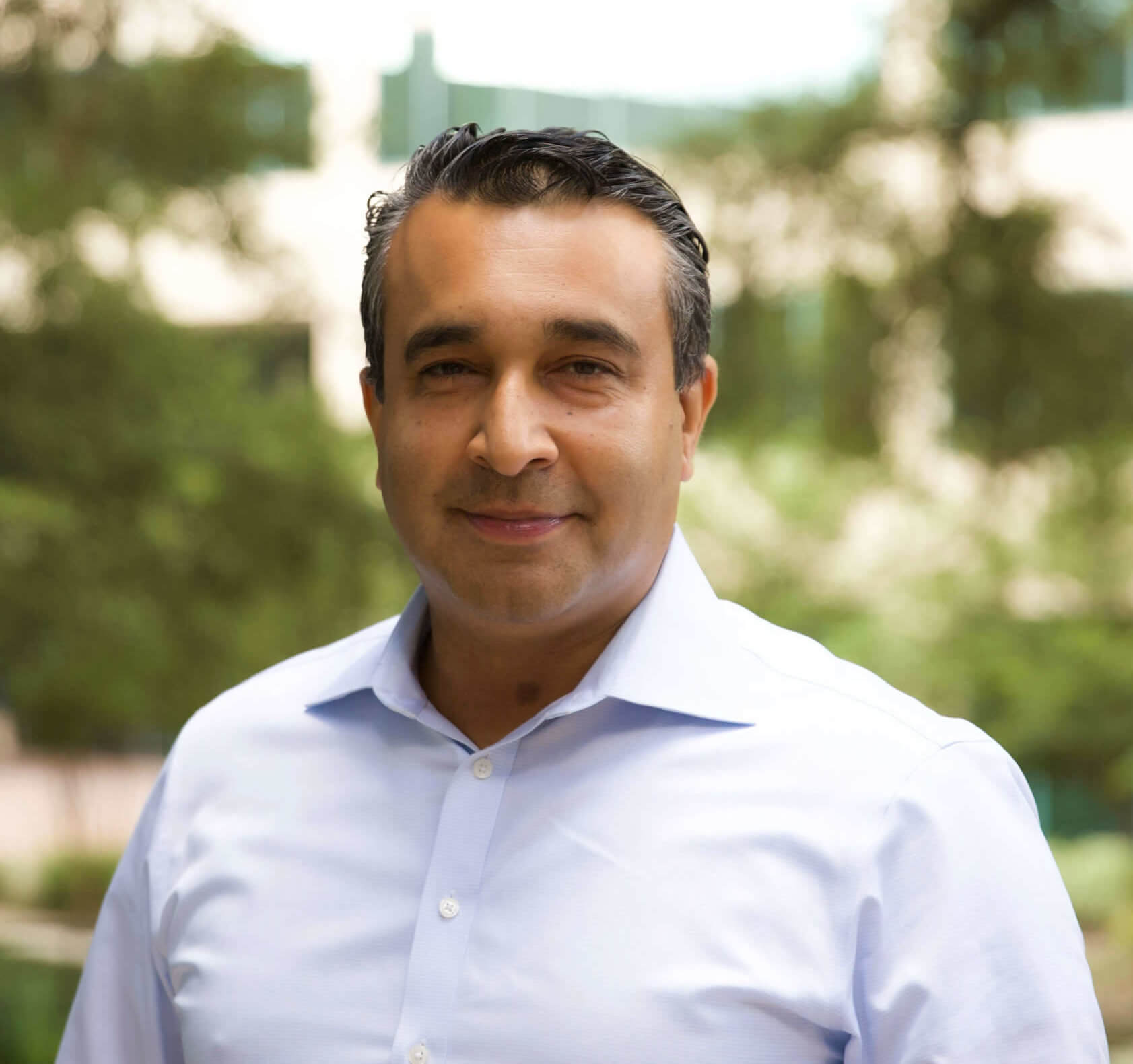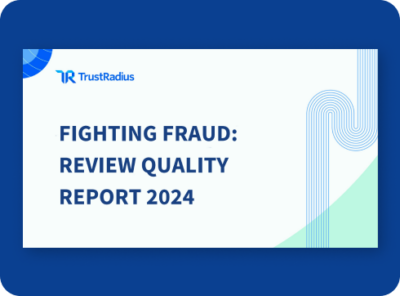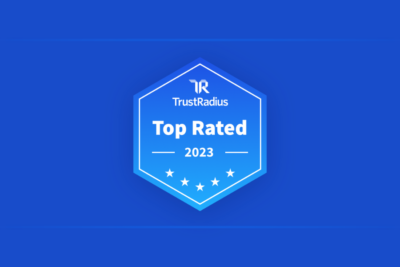2022 HR Trends Report Featured on HRchat Podcast
TrustRadius’ Founder and CEO, Vinay Bhagat, was recently interviewed by Bill Banham on the HRchat podcast about trends we can expect to see going into 2022. Topics discussed include the great resignation, technology and its impact on hiring bias, and how remote work environments have impacted ongoing diversity, equity, and inclusion efforts.
As our 2022 HR Trends Report suggests, COVID-19 has changed everything for the HR industry. HR professionals reported feeling challenged (74%), exhausted (38%), and frustrated (31%) after a year in the pandemic. The good news, however, is the shift to remote work seems to be a good thing.

Launched in 2016, the HRchat podcast produces a series of interviews with high-profile influencers, leaders, analysts, and those in the HR trenches. The show covers the big issues relating to HR, including leadership, talent, diversity and inclusion, recruitment, employee engagement, performance, and company culture. Episodes are published 2-3 times per week.

Bill Banham, Host of the HRchat podcast
Bill Banham is the Host of the HRchat podcast as well as the Editor/Publisher for the HR Gazette, where he covers news and opinion for HR, talent, and leadership professionals. Originally from the UK, Bill is currently based in Toronto, ON.

Vinay Bhagat, Founder and CEO of TrustRadius
Vinay is an entrepreneur passionate about improving the software-buying process so HR professionals can make better decisions for their organizations. Vinay started TrustRadius after experiencing challenges when buying enterprise solutions at his previous company.
In 1999, Vinay founded Convio, the leading software as a service (SaaS) platform for nonprofits. In April 2010, Convio became a public company and was acquired in May 2012 for $325 million. Prior to Convio, Vinay was at Trilogy Software and Bain & Company. He holds an MBA from Harvard Business School, where he graduated as a Baker Scholar, an MS in engineering economic systems from Stanford University, and an MA in engineering information sciences from Cambridge University, with First Class Honors. When he’s not working, Vinay loves spending time with his family, playing squash, and racing cars.
Short on time? Here are some transcript excerpts:
Question (Bill Banham):
Tell us about TrustRadius’ 2022 HR Trends Report: why it was conducted, the demographics of respondents, and who the findings are aimed at.
Answer (Vinay Bhagat):
TrustRadius, as you mentioned, is a customer review platform, and HR is a very important sector on our platform. Each year we serve around 650,000 HR buyers who are evaluating technology, and we felt that it was important to provide strategic insights on key trends impacting HR professionals and to assemble advice they could find actionable. The report surveyed 764 HR professionals—everyone from the associate level up to the C-suite and across a variety of industries. The report breaks down some of the biggest trends on the horizon for HR departments and the workplace in general, and the continued impacts of the Great Resignation technology’s role in DEI and the importance of work/life balance and spending forecasting.
Question (Bill Banham):
What findings from TrustRadius’s recent 2022 HR Trends Report do you find most interesting and why?
Answer (Vinay Bhagat):
The Great Resignation has been a real phenomenon for this year, but one of the most interesting findings was that 77% of U.S. HR professionals believe that the Great Resignation is a permanent change in the labor market. It’s interesting to unpack what that really means, but my take is that there’s a belief that the power has shifted to the employee, with the ability to work remotely and the desire to control one’s work/life balance.
The second key insight is a belief that technology can reduce bias in hiring. DEI was certainly an area of focus of the report, but 49% of HR professionals have a positive take on HR software’s impacts on creating a more equitable workplace and preventing bias in hiring.
A third key insight is that HR teams will spend more on software to adapt to the modern workplace environments. 55% of HR professionals say that their companies are already spending more on HR and 45% are planning on spending more in order to upgrade their existing technology stack.
Question (Bill Banham):
Was there anything from the report that surprised you?
Answer (Vinay Bhagat):
The fact that the Great Resignation is considered a permanent shift and not just a sort of temporal one-year phenomena is super interesting. I think it speaks to the power shift from employers to employees where today’s employees have a lot more choices. The barriers to remote work have been in many cases eradicated, and with that, employees are empowered with not just information, but some opportunity to be mobile and to vote, and to therefore put pressure on their employers to adapt and shift.
Question (Bill Banham):
What are your thoughts on the Great Resignation and how do you think companies can position themselves for success amidst ongoing talent shortages?
Answer (Vinay Bhagat):
Well, there are really two battles. There’s a retention battle and there’s an acquisition or recruitment battle. On the retention side, the report points to the largest courses of the Great Resignation being stressful working conditions. 31% of HR professionals state that stressful working conditions were the #1 cause, followed by low pay, a lack of flexibility, and a failure to address work/life balance. So I think there are a number of things that an employer can do to take action against those underlying issues. In terms of stress at work, I think the pandemic has had an interesting consequence that many employees aren’t taking their vacations and that leads to added stress. So I think actually ensuring that employees have time off, whether that’s their formal vacations or other opportunities for breaks away from things like video conferencing that can get rather sort of stressful, is super important.
Question (Bill Banham):
How do you see DEI investments and efforts expanding in 2022 and beyond? Which vendors are doing a good job helping to provide solutions for roll-out, adoption, etc?
Answer (Vinay Bhagat):
The survey overall found that HR professionals feel divided in how effective they’re being right now. 60% of respondents describe their companies as diverse. Perceptions of equity and inclusiveness are typically around 44% to 43%, so below the halfway mark. So I think being intellectually honest, most HR professionals are saying, we’re doing so sour as an industry on the topic of DEI. I recently became familiar with a company called Seek Social that is basically a search engine that allows you to mitigate and remove bias from your searching process. For example, you can add filters to proactively look for minority candidates through that process and through that tool as well.






